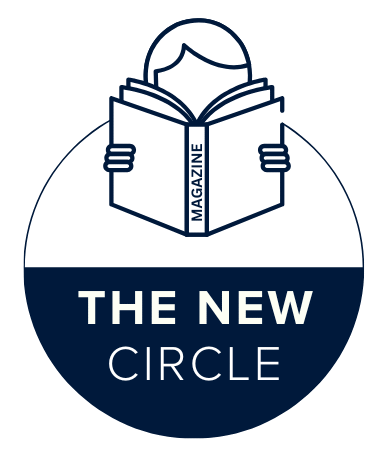Remember when you chose medicine because you wanted to be drowning in paperwork? Probably not. The reality of modern healthcare has pushed administrative burdens to unsustainable levels. Research shows that physicians now spend nearly half their workday on documentation and administrative work instead of patient care—or better yet, their personal lives. This is where AI for doctors is stepping in to transform the healthcare landscape.
The Administrative Overload in Healthcare
Healthcare professionals enter medicine with a passion for helping patients. Yet, the day-to-day reality often looks different. Endless data entry, compliance reports, insurance documentation, and electronic health record (EHR) updates consume more time than direct patient interaction. In fact, many physicians report feeling burned out due to the overwhelming administrative tasks they face daily.
This paperwork-heavy system doesn’t just affect doctors; it also impacts patients. Less time with physicians can lead to rushed consultations, miscommunication, and lower overall patient satisfaction. Clearly, the system is overdue for a change.
AI for Doctors: A Game-Changer in Healthcare
The introduction of AI for doctors is helping shift this narrative. Artificial intelligence tools are designed to handle repetitive and time-consuming tasks, enabling physicians to return their focus to what truly matters—patient care.
Some of the key areas where AI is making an impact include:
- Automated Documentation: Voice recognition and natural language processing (NLP) systems allow doctors to dictate notes during consultations, which AI tools automatically convert into structured medical records.
- Smart Scheduling: AI-driven scheduling platforms reduce appointment conflicts, cancellations, and administrative back-and-forth.
- Data Analysis: AI can quickly analyze patient data, flagging potential risks and suggesting treatment options based on patterns from vast medical databases.
- Billing and Coding Support: AI tools minimize billing errors, ensuring proper documentation for insurance claims while reducing the time spent on financial paperwork.
By offloading these tasks, AI for doctors significantly decreases administrative strain and increases efficiency.
Enhancing Patient-Doctor Relationships
Perhaps the most important advantage of adopting AI in healthcare is the restoration of the patient-doctor relationship. When physicians spend less time typing notes or filling forms, they can devote more attention to listening, diagnosing, and guiding patients.
Patients notice the difference when their doctor looks them in the eye instead of the computer screen. This deeper engagement not only improves trust but also leads to better outcomes, as patients are more likely to follow treatment plans when they feel heard and understood.
AI for Doctors and Work-Life Balance
Administrative overload doesn’t just hurt patient care—it eats into doctors’ personal lives as well. Many physicians spend evenings or weekends catching up on documentation, taking valuable time away from rest, family, and self-care.
With AI for doctors, much of this after-hours work can be reduced or eliminated. Automated systems handle repetitive documentation, predictive algorithms suggest next steps, and EHR integration ensures smooth workflow management. The result? Doctors can leave the hospital or clinic without carrying piles of unfinished paperwork home.
Overcoming Concerns About AI in Healthcare
Of course, introducing AI into medicine raises valid concerns. Will AI replace doctors? Will patient data remain secure? Can AI systems make mistakes?
The truth is, AI is not here to replace physicians but to support them. Machines excel at repetitive, data-driven tasks, while doctors provide the empathy, intuition, and human judgment that no technology can replicate. As for data privacy, healthcare AI systems are being built with strict compliance to regulations like HIPAA, ensuring sensitive patient information stays protected.
The Future of AI in Medicine
The adoption of AI for doctors is still evolving, but its potential is enormous. As technology advances, AI will not only manage paperwork but also assist in diagnostics, personalized treatment plans, and even predictive healthcare—identifying risks before symptoms arise.
Hospitals and private practices that embrace AI tools early will likely see reduced physician burnout, happier patients, and improved operational efficiency. This creates a healthcare system that values both doctors’ time and patients’ needs.
Conclusion
Physicians didn’t enter medicine to become data entry clerks—they chose this path to care for people. Yet, with nearly half their workday consumed by paperwork, the joy of practicing medicine has often been overshadowed. Thankfully, the rise of AI for doctors offers a solution. By automating repetitive tasks, enhancing efficiency, and restoring balance, AI is giving physicians more time for their patients and themselves.
The future of healthcare isn’t about choosing between technology and human connection—it’s about combining the best of both. With AI for doctors, we can finally bring the focus back where it belongs: on healing, compassion, and quality patient care.
READ ALSO: How Internal Medicine Doctors Coordinate Your Healthcare Journey?

